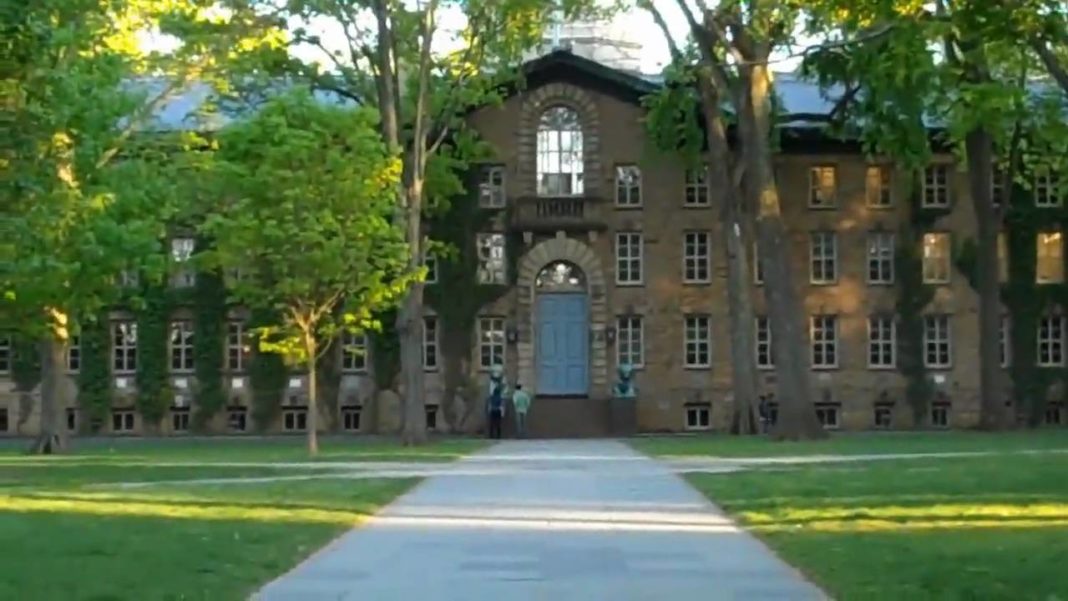When I arrived at Princeton as a wide-eyed freshman, joining a sorority was the last thing on my mind. This was especially true given the broad negative stereotypes that surround Greek life organizations, including that they are entirely focused on social life or that their membership is based on superficial characteristics. During freshman year, however, I realized that many of the upperclassmen whom I most admired were all a part of Greek life, so I decided to go through recruitment on a whim — despite some of those negative stereotypes. Little did I know that joining a sorority would be one of the most integral of my experiences at Princeton.
For 20 percent of students on campus, next week represents an important time of fall semester: sorority and fraternity recruitment. The students who decide to join a Greek organization at the end of the process will likely find that it offers a much more comprehensive support system on campus than previously expected.
The first aspect of this support system is simply the existence of a new community on campus. It can be hard to make friends here, and without the cushion of lifelong friends or family, Princeton can be a pretty lonely place. This problem is resolved if one is on a club or varsity team, dance group, or other student organization, but these groups are often selective and based on a particular set of skills. For those students who lack membership in those groups, freshman year can be spent trying to find a niche.
“there is a difference between people you trust, and people who you trust to do the right thing. My expectation was that I’d find a group who I trusted, and I absolutely have, but I feel very fortunate that those same men are always striving to do the right thing, even when momentary decisions to do so can be tough.”























